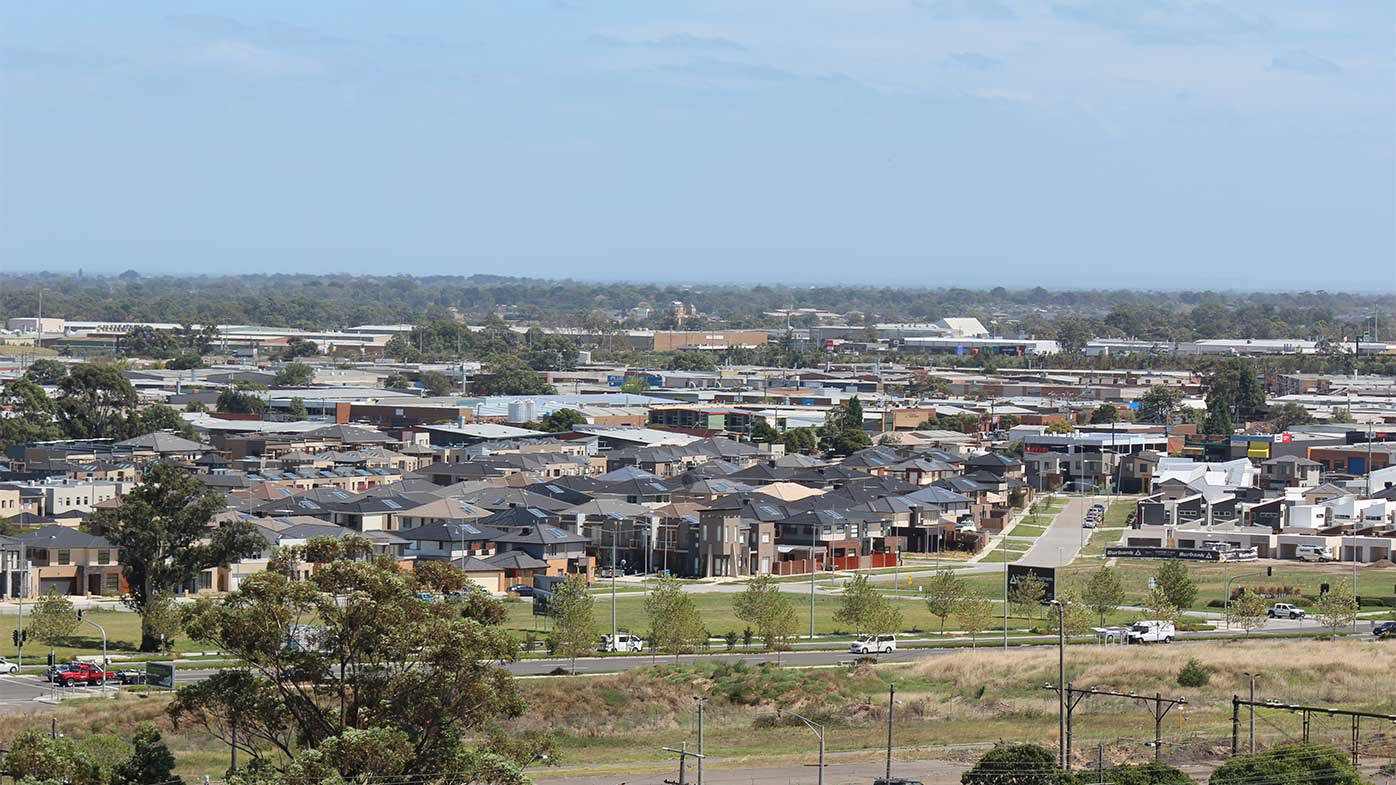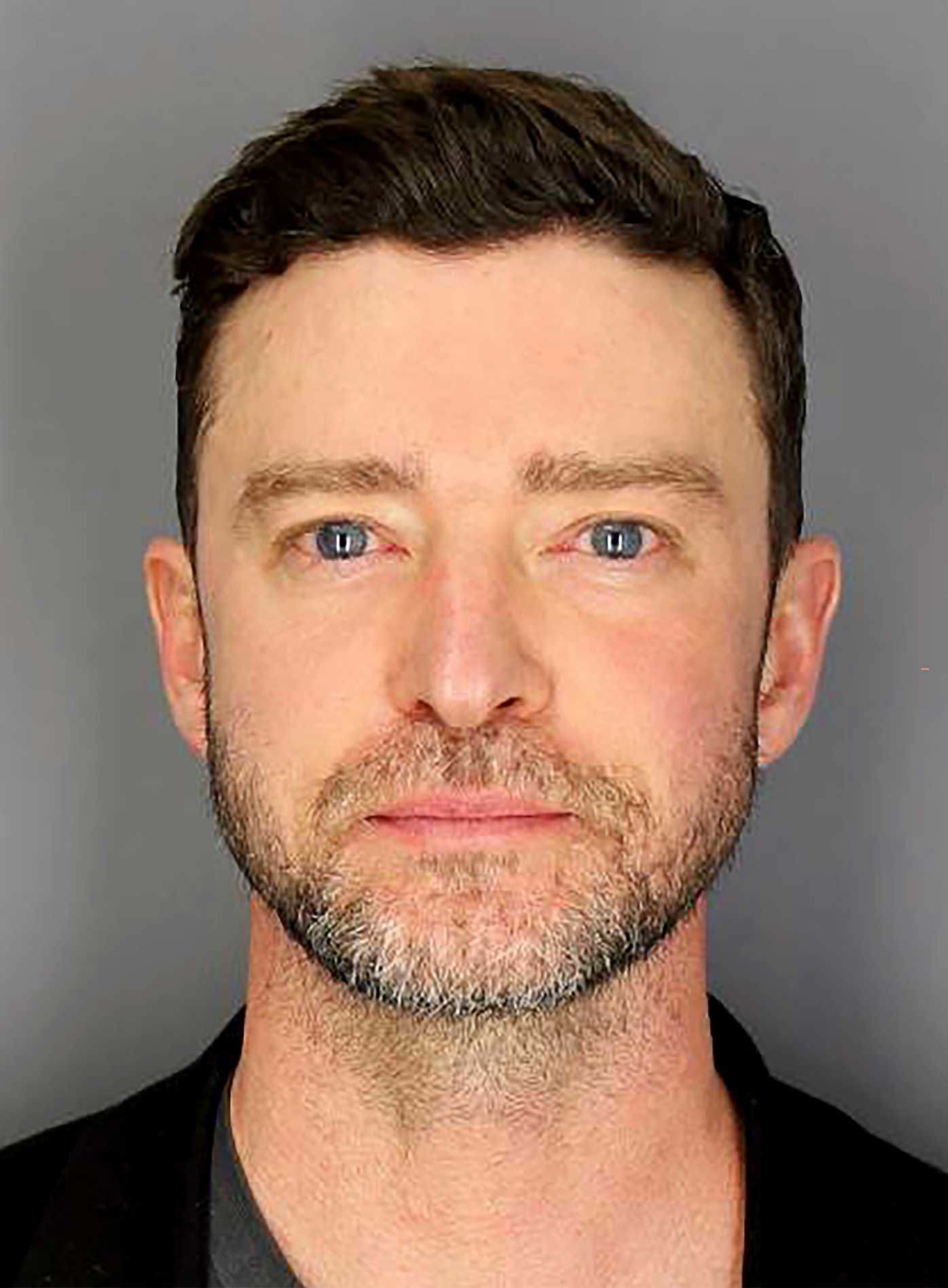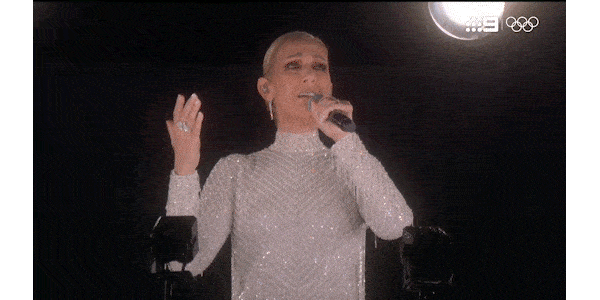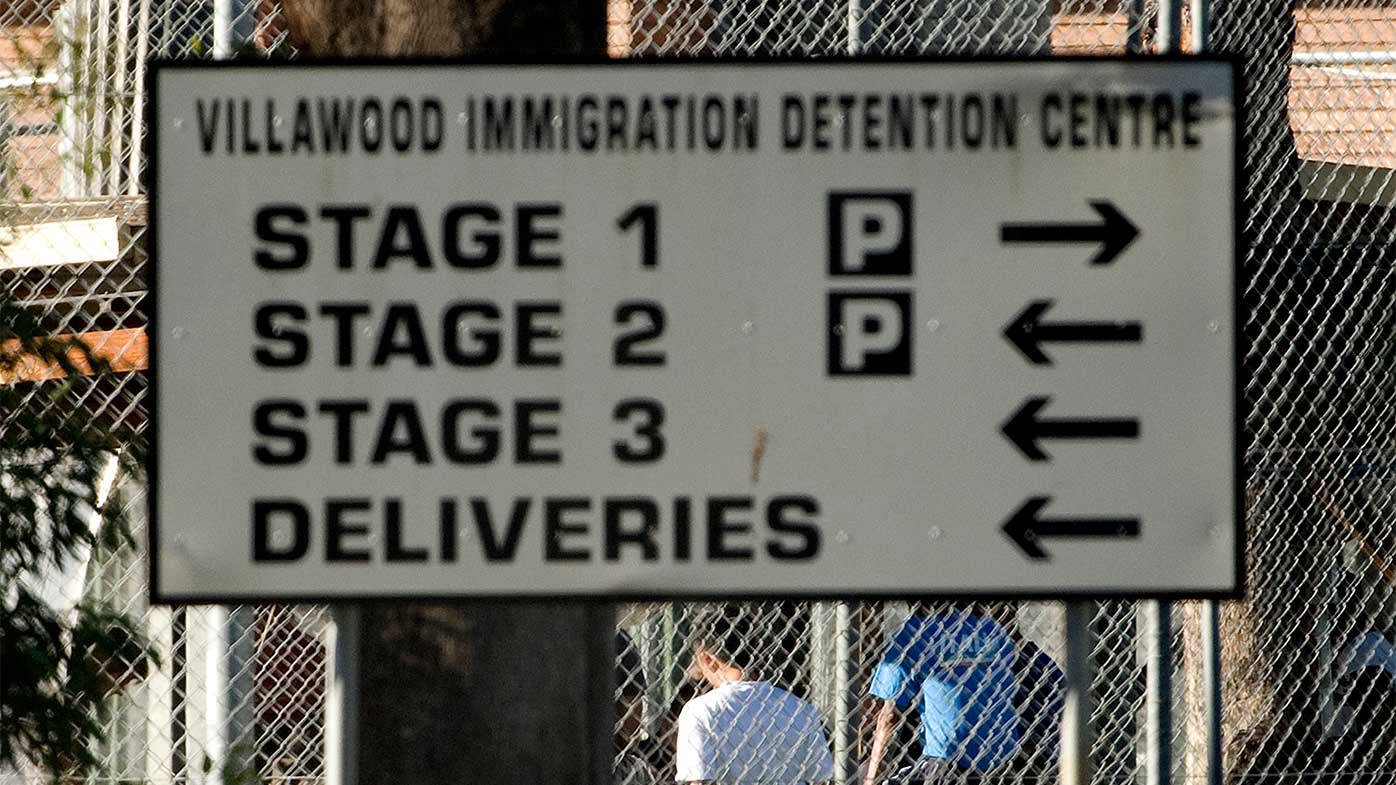When single mother-of-three Rachael left her husband more than 20 years ago, she had two young children and was pregnant with her third.
“I was renting and we moved with nothing,” Rachael, who asked for her surname to be withheld, told 9news.com.au.
With no job, and no savings, the only real asset Rachael had was $30,000 in a superannuation fund.
In desperation, Rachael made an application to her superannuation company to withdraw the maximum permitted under a financial hardship provision – $10,000.
“It was used for buying a fridge and furniture and everything we needed,” she said.
In order to meet the hardship provision, a person has to be on Centrelink unemployment benefits for 26 continuous weeks or more.
The money withdrawn from super is taxed at 25 per cent, however, people with incomes in the tax-free threshold receive the tax back after lodging their tax return.
Rachael said she felt she had no other choice but to make that first withdrawal from her superannuation.
The situation was different for the second and third time she applied for funds from her superannuation to be released.
However, Rachael said she still felt it was important at the time.
When her youngest two children were in high school, Rachael withdrew $10,000 for each of them so they could go on a school trip to Japan.
The applications were made two years apart, when the children were both 16 years old.
“They were learning Japanese and I wanted to give them a good education. I took it out so they could go to Japan,” Rachael said.
“I couldn’t not send them. I just thought they have got to go, it’s part of their education.
“None of them are interested in Japanese now and they couldn’t give a shit.”
The withdrawals left Rachael with no money in her superannuation fund at all, making her feel like it was the “worst thing I did”.
“I wish I hadn’t as I am now facing medical problems and housing problems and have nothing to fall back on,” Rachael said.
Rachael, who is now 51, made the last withdrawal from her super about seven years ago.
If Rachael had kept the entire $30,000 in her superannuation account, the amount would have more than tripled to $109,800 by the time she was 67, assuming a compound interest rate of 5 per cent.
Rachael said her experience was a warning to others.
“I tell everyone I know, ‘Don’t take it out because you will need it when you are old.'”
Rachael said while there were checks in place to make sure people had been receiving Centrelink benefits for the required amount of time in order to access their super, there was almost no scrutiny about what the money was actually spent on.
While many people were genuinely struggling, some weren’t, she said.
“I think some people on Centrelink think it’s quick cash and they can go buy a new TV,” she said.
Figures from superannuation industry regulator Australian Prudential Regulation Authority (APRA) show that an early release of superannuation funds due to hardship was granted to 77,000 accounts in the last financial year to June 2023.
Low unemployment has meant those numbers have remained relatively steady.
However, statistics released in March by the Australian Tax Office (ATO) show the number of people accessing their super early for compassionate reasons is growing.
Superannuation funds can be accessed under compassionate grounds through the ATO in order to get medical treatment, accommodate a disability, meet palliative care needs, funeral expenses or prevent the foreclosure of your home.
There is no limit placed on the amount that can be withdrawn from a person’s superannuation for compassionate reasons.
In the 2022-2023 financial year, the tax office accepted 41,800 applications for compassionate access to super.
This was a 21.5 per cent increase on the previous financial year.
In the last financial year, there were a record number of applications approved for medical treatments, including a 67 per cent increase for dental treatments.
The figures also show a 28 per cent surge in the number of people applying for an early release of their super to prevent the foreclosure of their home.
However, the dramatic increase in the number of applications for early access to prevent a home foreclosure did not translate to more approvals, with the ATO giving the green light to even fewer requests than the previous financial year.
Finance expert Joel Gibson said it was no surprise to see an application spike from people facing home foreclosures.
“We’re still yet to see the worst impacts of the RBA’s rate hikes on mortgage holders, so I think next year will be higher still,” Gibson said.
Gibson said it was not clear why so few applications were being approved in relation to foreclosures, but it was exactly the sort of thing early access to super should be allowed for.
“If people are going to put that money into an appreciating asset just like a super fund would, and it’s keeping a roof over their heads, I think that’s a win-win,” Gibson said.
“A lot of money experts will disagree with me on this and say super is sacrosanct.
“But I’d argue your life savings are better invested in the family home than just about anywhere else – in retirement you can sell that home and downsize, as many do.”
The ATO figures for early access to superannuation on compassionate grounds do not include the large number of people who accessed their superannuation under special provisions during the pandemic.
In the case of the 3 million people who took around $37 billion from their super during the COVID pandemic, they “probably blew their dough”, Gibson said.
Association of Superannuation Funds of Australia (ASFA) CEO Mary Delahunty said people needed to think very carefully before making the decision to access their super early.
“Many Australians are under sustained cost of living pressure right now. Even in difficult financial circumstances, there is a need to balance the early withdrawal of super with the long-term retirement benefits that super delivers,” Delahunty said.
“ASFA research demonstrates that people who withdraw their superannuation early tend to pay a high price in terms of the cost to their retirement savings.”




